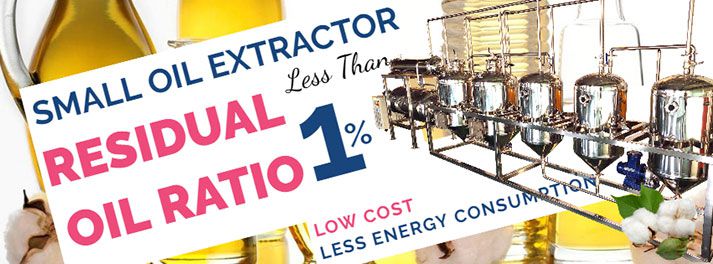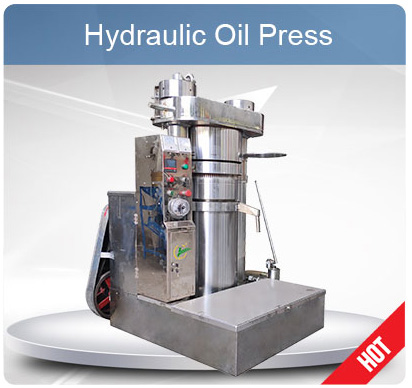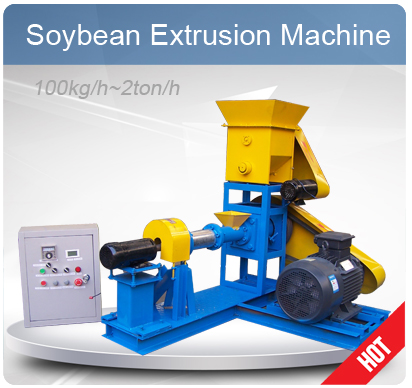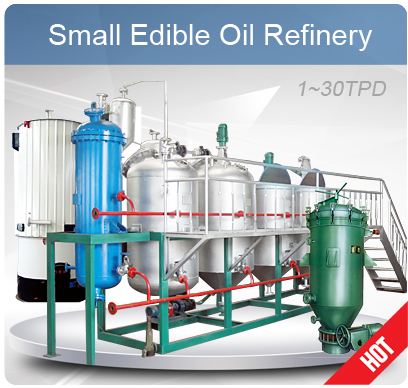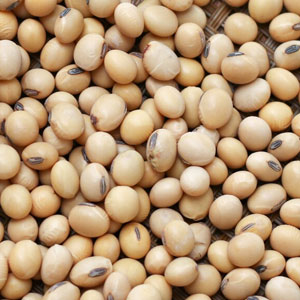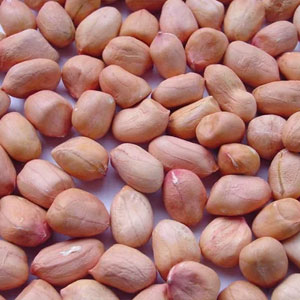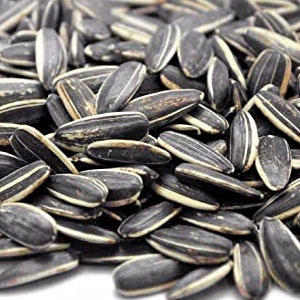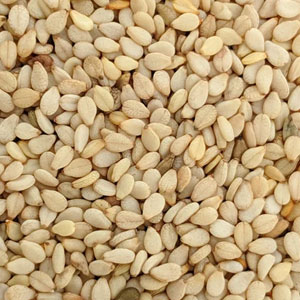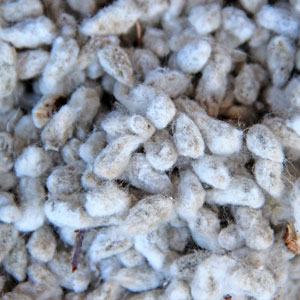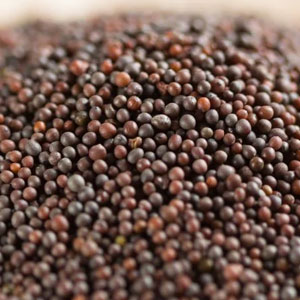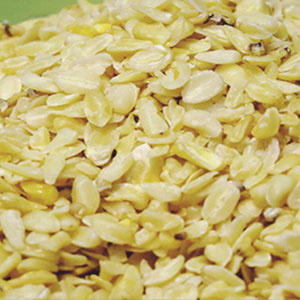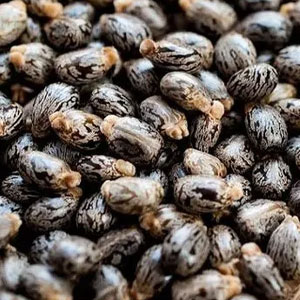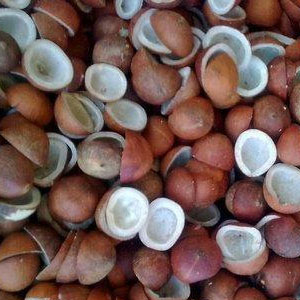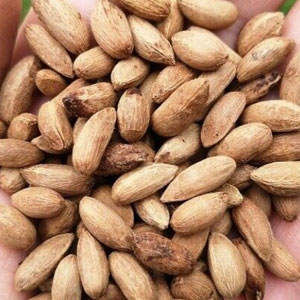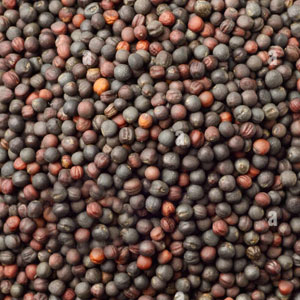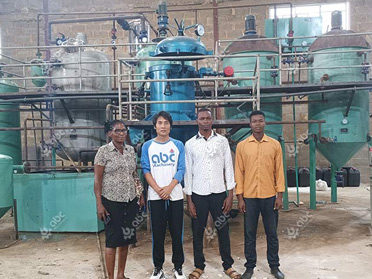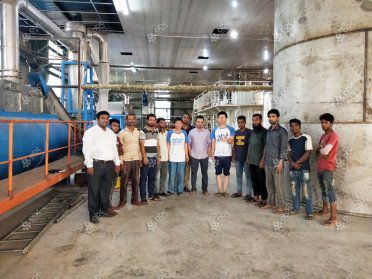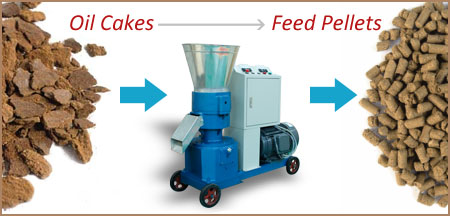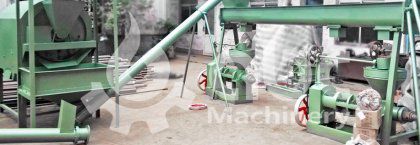In today’s edible oil industry, how to produce high-quality cooking oil efficiently and at a low cost has become the core concern of every investor and producer. This article will walk you through the complete cooking oil production process, analyze the main sources of cost, and present practical optimization strategies to help your cooking oil factory achieve higher profitability.
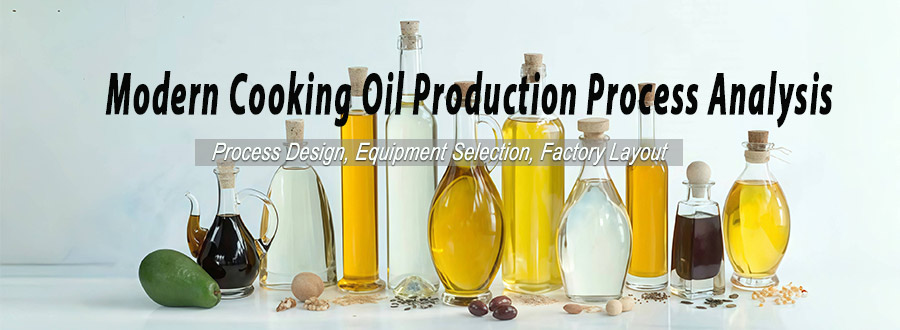
Modern Cooking Oil Production Process Analysis
Full Overview of the Cooking Oil Production Process
A modern cooking oil plant typically includes the following stages:
-
Raw Material Pretreatment
Cleaning, dehulling, and crushing oilseeds to remove impurities and improve pressing or solvent extraction efficiency.
-
Oilseed Pressing/Extraction
- Cold Pressing: Retains more nutrients and flavor, suitable for premium small-batch production. (hydraulic oil press machine)
- Hot Pressing: Increases oil yield, widely used in standard processing.
- Solvent Extraction: Ideal for large-scale production with high oil recovery, commonly used for soybean, rapeseed, and sunflower seed. (solvent extraction plant)
-
Oil Filtration
Using a cooking oil filtration machine to remove impurities and improve oil clarity before refining.
-
Oil Refining
Processes such as degumming, neutralization, decolorization, and deodorization remove impurities, free fatty acids, and unwanted odors to meet domestic and export standards.
-
Filling and Packaging
Automated systems seal the oil hygienically, ensuring long shelf life and consistent quality.
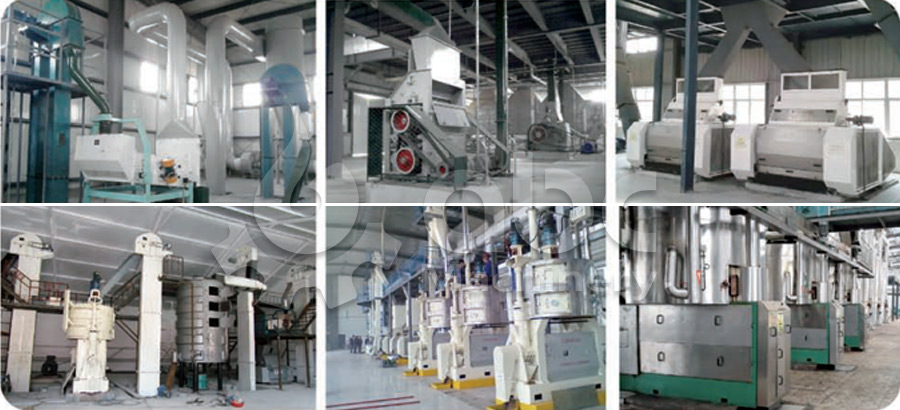
Images of Cooking Oil Processing Line for Sale
Main Cost Sources in the Cooking Oil Processing Plant
During cooking oil factory operation, the main costs that affect profitability include:
- Low Raw Material Utilization → Reduced oil yield directly impacts production volume and income.
- High Equipment Energy Consumption → Significant electricity and steam usage increases operational costs.
- Rising Labor Costs → Manual operations are less efficient and prone to errors.
- Waste and By-Product Losses → Failing to recycle or reuse by-products results in missed revenue opportunities.
Key Strategies to Optimize the Cooking Oil Production Process
To enhance the competitiveness of a cooking oil processing plant, investors can adopt the following strategies:
-
Improve Oil Yield
Use efficient cooking oil pressing machines and advanced pretreatment methods to maximize extraction. -
Reduce Energy Consumption
Install energy-saving boilers and heat exchange systems, which can lower overall energy costs by 15–20% while maintaining stable production. -
Automation & Smart Control
Introduce PLC-based cooking oil processing machines for real-time monitoring and precise control of temperature, pressure, and material flow, thereby reducing labor demand and minimizing human errors. -
By-Product Utilization
- Oil cakes can be converted into animal feed for added value.
- Wastewater and residues can be recycled or treated to reduce environmental management costs.
In a highly competitive edible oil market, smart process design and advanced equipment configuration are the keys to achieving both high quality and low cost. ABC Machinery has decades of experience in manufacturing cooking oil production lines, providing complete solutions covering every stage—from raw material pretreatment, oil pressing/extraction, filtration, and refining, to filling and packaging.
But we don’t stop there—our expertise extends to value-added byproduct processing, including animal feed production equipment and wastewater treatment systems. Contact us today to discuss how we can help you build a profitable and environmentally responsible cooking oil production business.
Low-Cost Cooking Oil Production Process Design
For small cooking oil plant investors or startups, an efficient and economical cooking oil production process is crucial. With a well-designed workflow, you can reduce costs while ensuring high oil yield and quality.
The key ideas are:
- Compact Oil Press + Filter Combination
A small oil press combined with a high-efficiency cooking oil filter machine can achieve low investment and high efficiency.
This setup is ideal for initial production and small-batch processing.
- Modular Expansion with Gradual Refining Steps
The cooking oil production line can be upgraded step by step. Starting with basic pressing and filtering, you can gradually add refining modules such as degumming, deacidification, and deodorization.
This approach lowers one-time investment pressure and supports sustainable growth.
- Small-Scale Automation to Reduce Labor Costs
With PLC control and automated operation, parameters such as temperature, pressure, and flow are precisely managed.
This not only reduces labor dependency but also ensures consistency in oil quality.
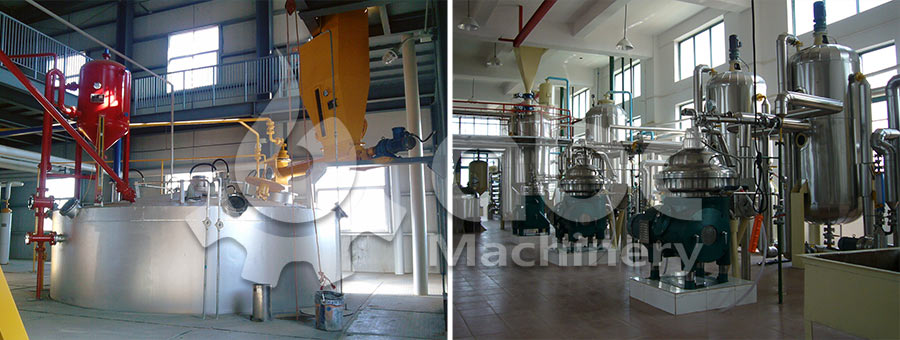
Cooking Oil Production Factory Project
Why Choose ABC Machinery?
Selecting the right partner is the key to maximizing returns on your cooking oil business plan.
ABC Machinery offers industry expertise and comprehensive solutions, giving clients full support in their cooking oil manufacturing plant projects:
We provide high-efficiency oil presses, oil filters, and by-product processing equipment.
Oil cakes and residues can be fully utilized to increase overall profitability.
For small entrepreneurs and newly established factories, we offer modular and low-barrier construction solutions.
This helps investors achieve quick production with controlled costs.
From financial consulting, equipment installation, and operator training to long-term technical support, ABC Machinery ensures your cooking oil production line runs efficiently and stably—making your investment more secure.

 Build Your Future!
Build Your Future!

